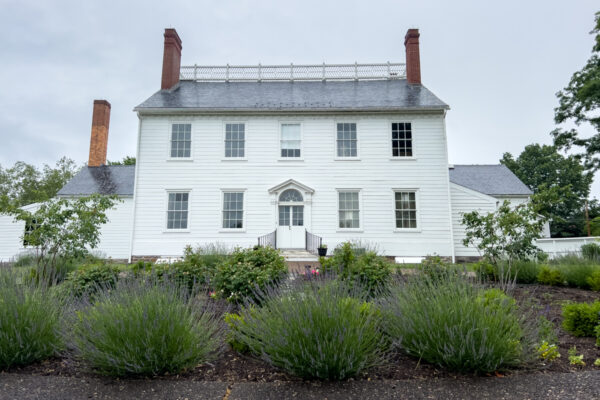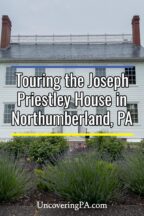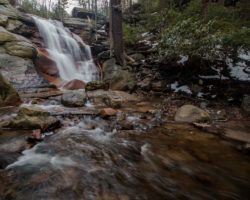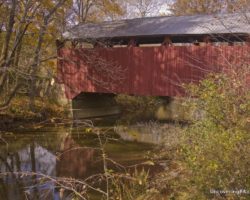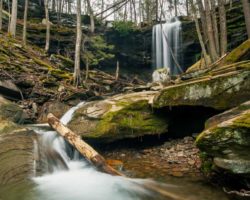There are many influential people who have called Pennsylvania home. And it’s likely that Joseph Priestley is one of the most influential that you’ve never heard of.
Joseph Priestley was a scientist who lived most of his life in England, only settling in Pennsylvania for the last 10 years of his life. He is best known as the discoverer of oxygen, though he also discovered several other gasses, as well as writing the defining works on electricity and grammar, and inventing several well-known things.
Priestley was close friends with American Founding Fathers such as Benjamin Franklin (who supplied his personal notes about electricity to Priestley), John Adams, and Thomas Jefferson, which gave him strong connections to Pennsylvania even when he lived in Europe.
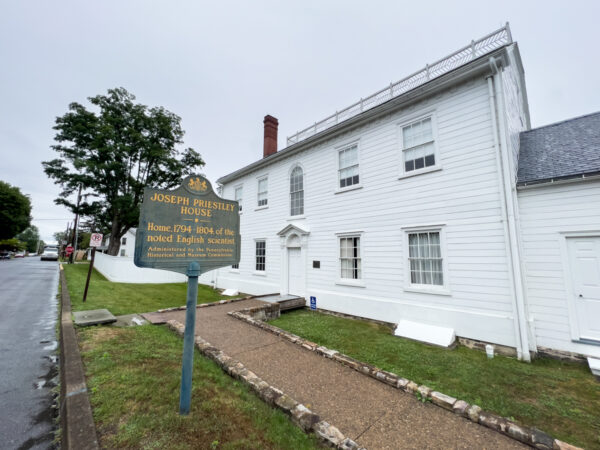
After fleeing England due to his support of the American Revolution and the French Revolutiontion, as well as his work starting the Unitarian Church in England, he settled in Northumberland County, Pennsylvania where one of his sons had already settled years prior.
Wanting to learn more about this incredible man, I took some time to visit the Joseph Priestley House, which still sits along the Susquehanna River in Northumberland, Pennsylvania.
The Joseph Priestley House is a beautiful wooden home built in a Georgian style with Federalist accents. It was designed by Priestley’s wife Mary, who sadly passed away before the home was finished in 1798. Even today, it’s one of the most impressive homes in Northumberland, so it’s not hard to imagine how grand it would have looked when this was the frontier in the late 18th century.
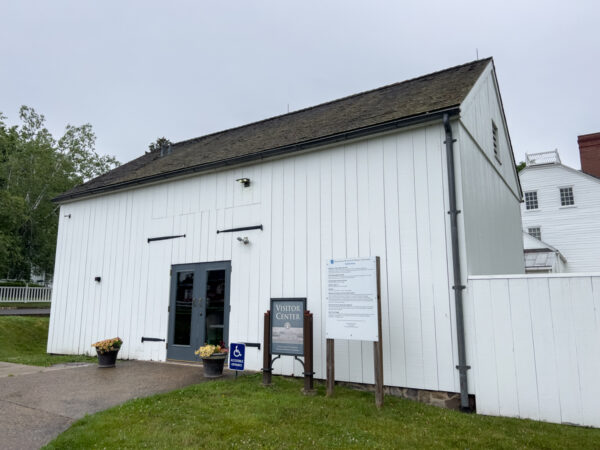
After Priestley died in 1804, the house remained a private residence for 100 years. In the early 20th century, George Pond, a professor at what is now Penn State, bought the home in an attempt to turn it into a museum, and while the museum wasn’t opened until after his death, it was his work that saved the house from being demolished.
Today, the home has been restored to much as it would have looked when Priestley lived in Northumberland.
Visitors can tour the home’s first and second floors and learn about Priestley’s life and the contributions that he made to the scientific world. It’s also a great spot to learn about what life was like for an upper-class family on the Pennsylvania frontier at the turn of the 19th century.
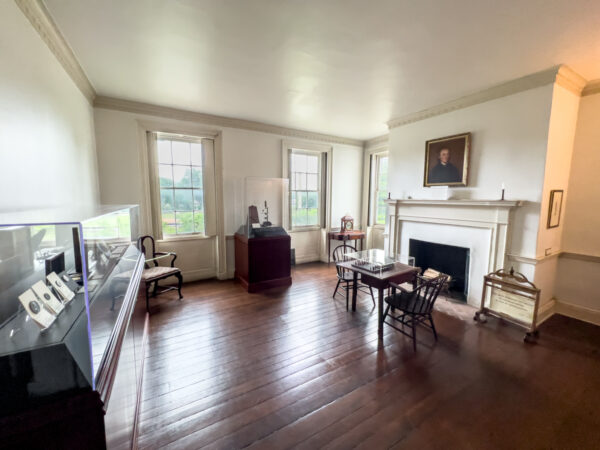
The rooms in the Joseph Priestley House are set up with period furniture, with many of the spaces recreating what they may have looked like when he lived in the home. Each room also has display cases, many of which contain items that were owned and used by Priestley in his scientific pursuits.
These were the pieces that I personally found the most interesting and included items such as Priestley’s microscope and slides, his personal collection of books, and much more. There is also a clock that legend says was gifted to Priestley by the Marquis de Lafayette, though this can’t be definitively proven.
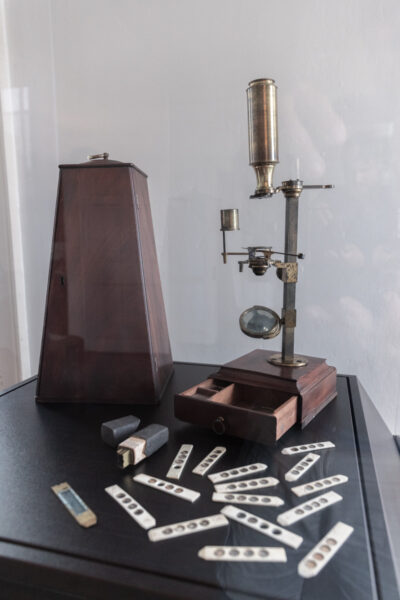
In my opinion, the highlight of the home is stepping into Priestley’s laboratory.
The interior of this room has been reconstructed, and it’s neat to see where Priestley worked on his many experiments and inventions. Amazingly, Priestley not only discovered oxygen and other gasses but also discovered invented carbonated water, erasers, and timelines, among many other pieces of work.
He truly was a Renaissance Man, and it’s no surprise that he counted Benjamin Franklin and Thomas Jefferson among his closest friends.
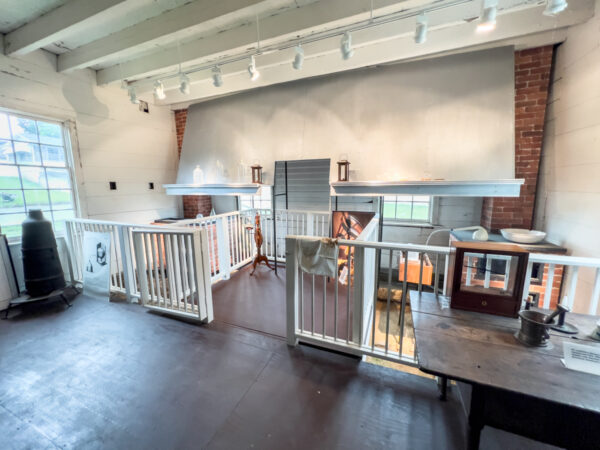
Outside the home, the Friends of Joseph Priestley House have created period gardens that showcase nicely what life would have been like during Priestley’s life. And, despite there being a Little League baseball field between the home and the river, there are still very nice views of the Susquehanna River from the front of the home.
Overall, I really enjoyed my visit to the Joseph Priestley House in Northumberland, PA. While it might not be among the must-visit history sites in Pennsylvania, if you love learning about important historical figures and appreciate science, this really is a fascinating spot to tour in PA’s Susquehanna Region.
Looking for more places to visit nearby? Check out Shikellamy State Park, the covered bridges of Northumberland County, and the Alvira Bunkers.

